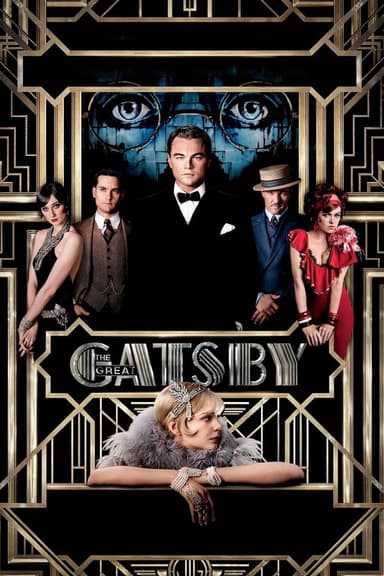
Lady J
2018 • Drama, Romance
When a romance between a widow and a notorious libertine takes an unexpected turn, Mademoiselle de Joncquières becomes instrumental to one lover’s plans for revenge.
Runtime: 1h 50m
Why you should read the novel
If you’re fascinated by the nuanced social intrigue of Lady J, the original novel Jacques the Fatalist and His Master by Denis Diderot offers a deeper, more intellectually playful look at fate, love, and the complexities of human interaction. While the movie showcases the opulent visual spectacle of the period, Diderot’s prose delves into rich philosophical dialogue, blurring the boundaries between narrator and character in a witty, experimental manner.
Immersing yourself in the novel opens doors to a vibrant Enlightenment-era critique of societal norms, providing insight into the very roots of the morality and manipulation displayed on screen. Diderot’s labyrinthine narrative addresses fate versus free will, the fickle nature of love, and the artifice concealed beneath polite society, all with the author’s signature wit.
Reading the novel rather than relying solely on its cinematic adaptation allows you to experience the layers of irony and metafiction that make Diderot’s work foundational for literature. Each chapter is a rewarding invitation to reflect, question, and laugh—an experience far richer in the original text.
Adaptation differences
The film Lady J departs from Diderot’s Jacques the Fatalist and His Master in significant ways, beginning with its central plot. While the novel is a freewheeling, loosely structured philosophical dialogue between Jacques and his master, the film invents a story centered on romantic revenge, fashioning a focused narrative out of the book’s episodic wanderings.
Characters in Lady J are direct creations for the movie, inspired by the spirit rather than the letter of Diderot’s text. The Lady and the Marquis are not lifted from the source but rather are emblematic of the types of manipulations and social games that permeate Diderot’s world. Their relationships and arc reflect Enlightenment ideas but are not based on specific events or conversations in the book.
Diderot’s novel famously breaks the fourth wall, often having the narrator comment on the action or complain about the structure of narrative itself. This metafictional playfulness is largely absent from the film, which sticks to a linear, self-contained tale. Viewers thus miss out on the novel’s radical experimentation with form and narrative voice.
Finally, the philosophical discourse that runs throughout Diderot’s book—digressions about fate, love, and morals—is condensed or omitted in Lady J. The adaptation privileges visual storytelling and streamlined drama, leaving behind much of the intellectual complexity that makes the novel a masterpiece of Enlightenment literature.
Lady J inspired from
Jacques the Fatalist and His Master
by Denis Diderot










